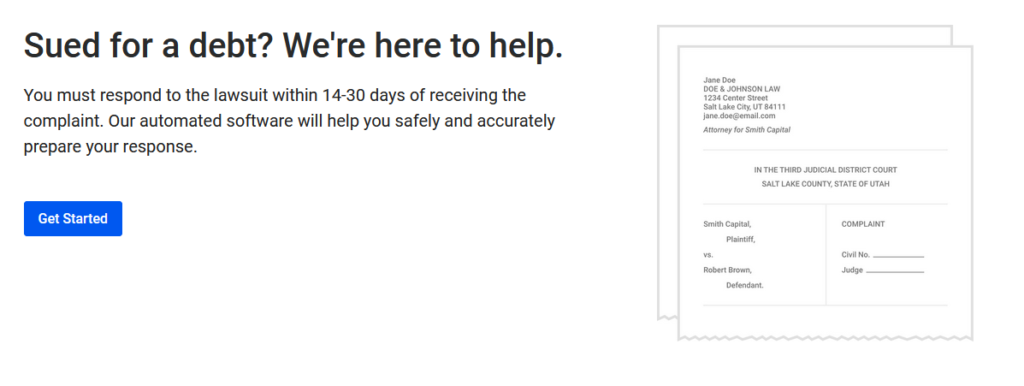It’s also not uncommon as soon as they have evidence via judge documents or some other documents for example established history letters that you are currently indeed the appropriate man or woman and/or the loan was validly acquired, for them to proceed to near your unique scenario since there’s no reason for suing you because they can’t get everything else out from you at this stage (and in all probability made the decision earlier on never to sue just based upon what they discovered when examining your scenario).
If, nonetheless, they reopened it, then sure, go ahead and, you need to distribute the proof—that’s your right anyway. Have a look at how to respond to a lawsuit!
Thus allow me to clarify why it’s not uncommon for loan companies to adopt this approach:
Once they didn’t file anything so you had been meant to shell out, then you certainly been unsuccessful to accomplish this. And if that’s real, then clearly there seemed to be nothing at all stopping them from suing you, which means in their view (and totally honest) they do every thing in their energy before you take this course (i.e., don’t sue me simply because I’m attempting everything initially).
Whether they are performing almost everything under the sun regarding choices is irrelevant—if they’re expressing they do. Nonetheless, you may have facts showing otherwise (for example paperwork displaying efforts at contact), then yes, obviously, supply that information (see below).
Credit history studies
I have faith that all this because not offered and/or your account simply being beyond the law of limits are two frequent main reasons why credit accounts be visible on credit score studies as “judgement making attached” without being repaid or determined together with the lender.
It’s also one more demonstration of why it pays to tug your personal reports from firms like TransUnion and Equifax so you can see what they’re reporting—if it doesn’t make sense, then question it along with them immediately.
So let me provide you with a couple of examples of why this might take place now:
In the event the creditor shut down your money on account of non-settlement and after that later chosen to reopen it, they may sue you for violating the regards to your initial agreement—but there’s really no damage in suing as you already did not shell out as originally agreed.

